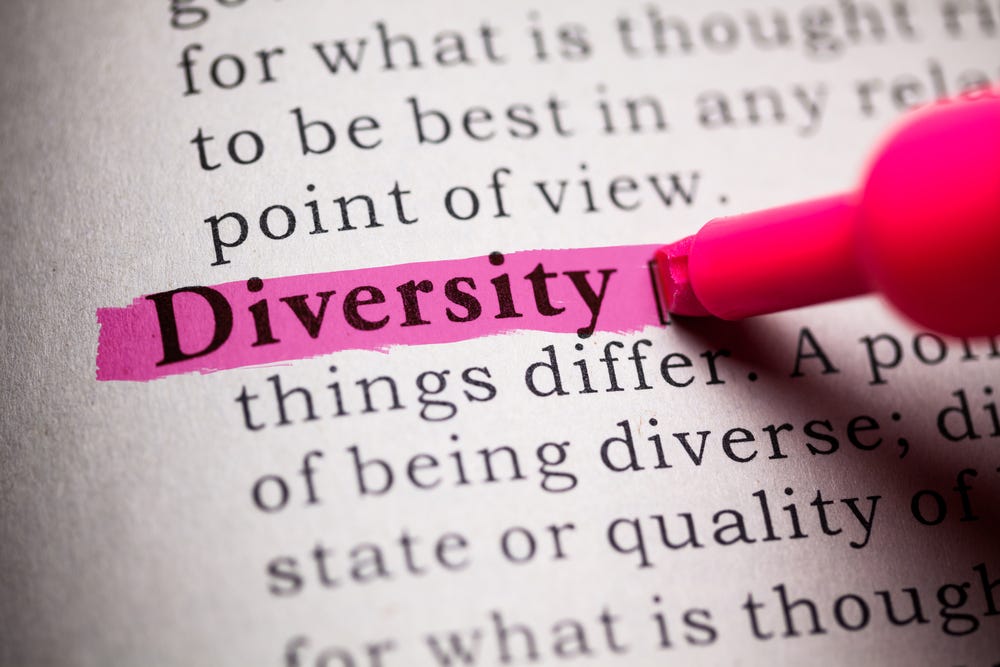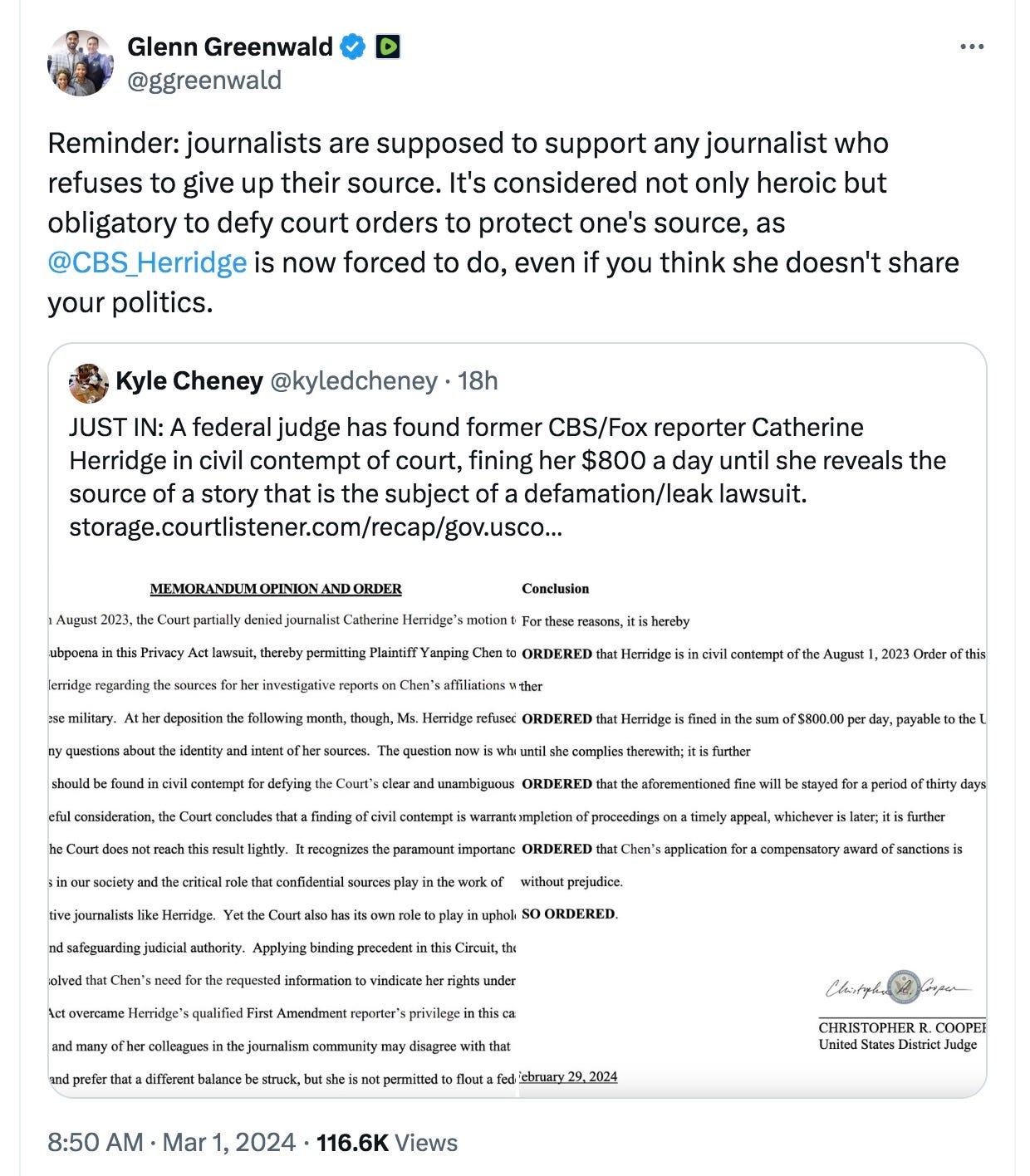E-Pluribus | March 1, 2024
Rioting is anti-free speech; getting educated about classical education; and diversity as it was meant to be.
A round-up of the latest and best musings on the rise of illiberalism in the public discourse:
Greg Lukianoff and Angel Eduardo: If Berkeley Wants to Protect Free Speech It Will Expel Its Rioters
“Sticks and stones may break my bones,” goes the old childhood saying, but the sentiment isn’t just for kids. Contrary to the rest of the saying, words can actually hurt, and yet words remain infinitely superior to violence when it comes to expressing our differences. Writing at The Free Press, Greg Lukianoff and Angel Eduardo say the University of California must take serious action against those who shut down an event this week with mob action, or they will give tacit approval to future “protesters” employing the same tactics.
It’s said that civilization was founded the moment a man flung a word at his enemy instead of a spear. On our most elite college campuses—most recently, the University of California, Berkeley—the plan seems to be to unfound it.
Earlier this week, a student group called Bears for Palestine published on Instagram its intention of “combatting lies” by shutting down an event featuring Israeli Defense Forces reservist and lawyer Ran Bar-Yoshafat.
“This individual is dangerous,” the post continued. “He has committed crimes against humanity, is a genocide denier, and we will not allow for this event to go on. . . . SHUT IT DOWN.”
Before the event was scheduled to begin Monday evening, hundreds of student protesters descended on the building where it was supposed to take place—banging on doors and windows, preventing students from entering, forcing their way in, and shouting “intifada, intifada.”
Protesters broke glass doors. One male student alleges being spit on by a protester. Another student—a woman—was injured. Yet another student claims that “Jew” was screamed as an epithet.
The mob got their way. The event was canceled. Bar-Yoshafat, along with the students who had attended the event, were escorted out the back of the theater.
This has to stop.
[. . .]
It’s not just Berkeley, of course. At Stanford, in March 2023, students shouted down conservative judge Kyle Duncan, who was scheduled to speak. That same month, students at UC Davis violently shouted down right-wing pundit Charlie Kirk. The next month, at the State University of New York at Albany, students shouted down conservative podcaster Ian Haworth, who was accused of transphobia. And two days later, NCAA swimmer Riley Gaines, who has been vocal about transwomen not competing in college women’s sports, was allegedly assaulted while speaking at San Francisco State University.
[. . .]
The distinction between speech and violence is one of the greatest intellectual developments in the history of civil society, stretching all the way back to fifth-century Athens. It enables us to make room for the widest possible array of ideas and arguments, while keeping at bay bad actors who lack respect for that pluralism.
It should not come as a great surprise that many in the “words are violence” set resort to actual violence when it comes to speech that upsets them—they lack respect for the liberal clash of ideas that the ancient Greek philosophers popularized and that has characterized Western society for centuries, if not longer.
Read it all here.
Keri D. Ingraham: Classical Education Is Booming, but What Is It Exactly?
Most Americans seem to recognize problems in our education system, even if there isn’t much agreement about how to solve them. One answer is classical education. But what is that? Keri Ingraham at Real Clear Education explains this new (yet old) alternative to our modern pedagogy.
New classical schools have been launching at an average annual growth rate of nearly 5% over each of the past four academic years, according to a recently released report by Arcadia Education. However, the report recognizes the boom of K-12 classical education extends far beyond the launch of new schools. Existing schools have experienced a waitlist due to enrollment demand. Classical microschools are popping up nationwide. Online, hybrid, and homeschool learners are utilizing classical education more.
There is a buzz around classical education, and more Americans than in decades past view this educational approach as superior to alternatives. A growing number of parents covet it for their school-age children. Yet, when asked, most people can’t articulate what classical education entails exactly.
[. . .]
Classical education prioritizes providing students with academic rigor. It also emphasizes ethical and character development. The degree to which a Judeo-Christian worldview is incorporated varies, as classical schools range from non-religious (both in the public charter school arena and the private school market) to Catholic or other Christian affiliations.
Arcadia Education states, “Classical institutions, while distinct, share fundamental philosophical and anthropological principles that influence their curriculum, pedagogy, and culture.” They have observed that classical education seeks to “cultivate individuals of virtue who can: think, speak, and write with clarity; are grounded in the Western intellectual and moral tradition; and perceive the world as an orderly and comprehensible reality.”
Ancient history and the study of civilizations are foundational in classical education. Literature is another priority within a classical education. For example, emphasis is given to the reading and study of the Great Books, which include the authors: Homer, Plato, Aristotle, Augustine, Thomas Aquinas, Chaucer, Machiavelli, Shakespeare, Galileo, Milton, Pascal, and Newton, among others.
Read it all here.
Monica Harris: Rediscovering the Meaning of Diversity: Lessons from Generation X
“Every generation blames the one before and all of their frustrations come beating on your door,” sang Mike and the Mechanics back in the 1980s. Subsequent generations have proved no different than countless generations before them. But when it comes to real diversity, Monica Harris argues at Quillette, Generation X more often than not got it right.
For Gen Xers, who are now in their 40s and 50s, the state of race relations can seem mystifying. We were taught that everyone should be judged as unique individuals, irrespective of their immutable characteristics. Now we’re told that this kind of attitude is, itself, a form of racism. It’s as if we spent our youth climbing the mountain that Martin Luther King Jr. envisioned the night before he was assassinated—then, just as the peak came into view, we tumbled backward. Quietly, we wonder: It seemed like we were heading in the right direction. What went wrong?
One factor that sent us tumbling down that mountain, in my view, is the generational schism in our understanding of what diversity should look like.
Boomers, many of whom spent their formative lives in a segregated society, had modest expectations for diversity. Gen X, by contrast, came of age in an integrated society (for legal purposes, at least), and so embraced a more expansive view of what a diverse society should look like. Yet Gen X wasn’t so chronologically removed from the pre-Civil Rights era that its members lacked a sense of historical context: We could trace the arc of progress, and were optimistic that more progress was on the way.
This latter aspect distinguishes us from Millennials and members of Generation Z, whose understanding of history is more limited. Rather than putting their faith in an arc of progress, they tend to immerse themselves in social media that encourages a totalizing fixation on the injustices of the moment. As a result, they tend to embrace radicalized social-justice ideas that present the status quo as a dystopian dead-end.
Obviously, I’m partial, but I happen to think Gen X got the balance right: Our vision of diversity in America was advanced enough to reject the bigotries of the past, but not so unrooted from America’s historical reality as to lend itself to ideological extremes.
[. . .]
I remember poring over the personal essay that challenged applicants to relate a “life-changing experience.” I could have recounted my experience as one of a handful of Black students at my prep school, but instead drew upon the summer I spent in the Dominican Republic as an American Field Service student. I joined a dozen other participants from working- and middle-class families, from big cities and small towns all around the country.
Despite our differences, we realized we were all outsiders trying to navigate unfamiliar territory. Those three months gifted me with an insight I would carry the rest of my life: what we have in common is far more important than what separates us. During college interviews, my experience abroad was always a topic of interest. It validated my belief that I was valued not only as a Black woman, but also as someone who’d benefited from cultural immersion.
Read the whole thing.
Around Twitter (X)
Drawing on a column from a few years back, Megan McArdle has a thread (long excerpt below) on how to admit one is wrong, especially on social media:
Glenn Greenwald highlights the plight of CBS reporter Catherine Hedges as a court attempts to coerce her into revealing a source:
And finally, for those of us who have a hard time even remembering first names, keeping track of someone’s pronouns that we may “address [them] correctly” sounds like a nightmare:









